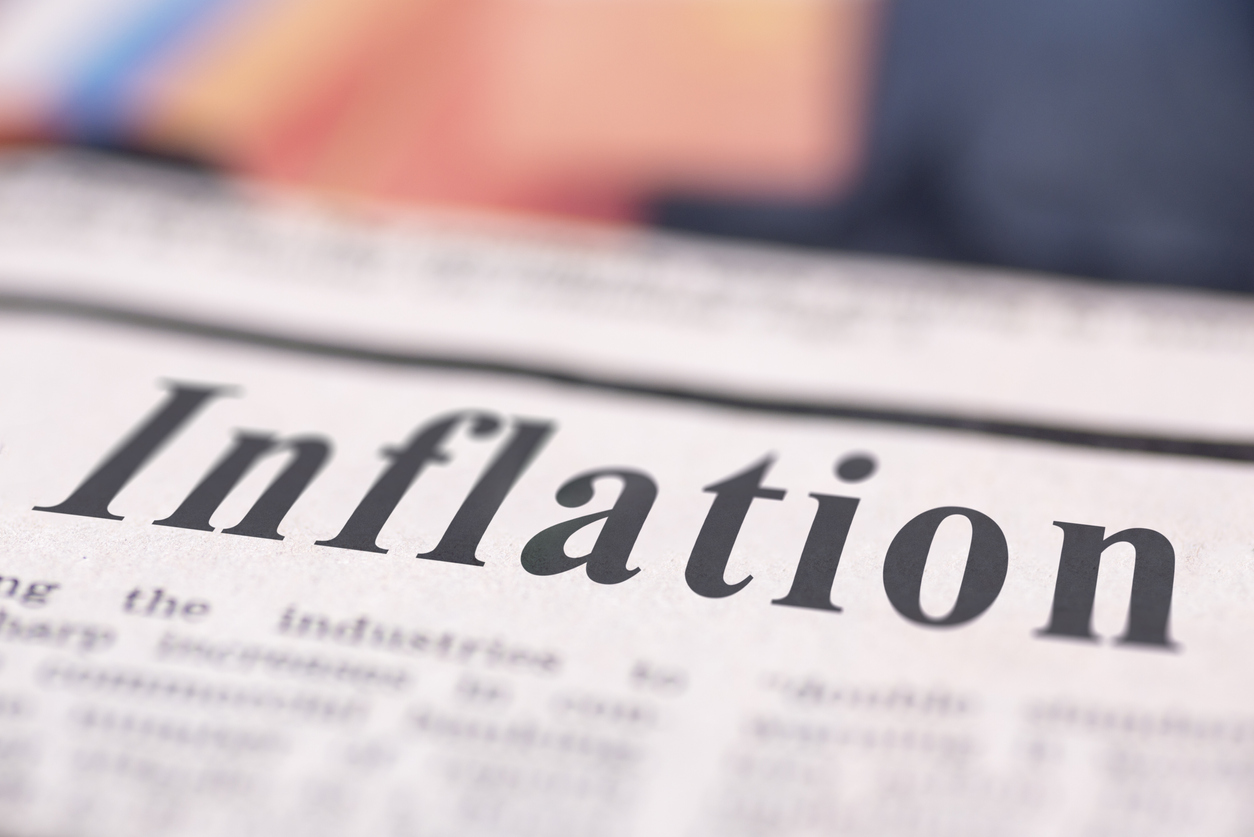
Are Short Term Mortgage Rates Better Than Longer Ones?
The question on everyone’s lips… when will mortgage rates start going down again?
Many economists are predicting that interest rates have reached their peak. And people are voting with their actions – 56% of new loans, bank switches and top ups are currently fixed at terms of 1 year or less.
But of course, you never know what could be just around the corner for the economy.
So, with that in mind, is a short term mortgage rate the way to go right now?
Let’s explore your options.
The Benefits Of A Fixed Term Mortgage
We’ve previously talked about the benefits of a fixed term mortgage. For a start, fixed term rates are generally lower than any floating option. Currently, floating rates are upwards of 8.6% and the highest fixed term rates are sitting just above 7.2%.
But, it is not just the cost saving that is beneficial. With a fixed term rate, you can gain certainty about how much your mortgage will cost you each month which makes it easy to budget for. This means it can be easier to manage your finances, giving you a sense of stability in a volatile market.
When interest rates are high, like they are currently, it can feel scary to fix your mortgage for any length of time because you will likely have to lock in a rate that is higher than what you are currently paying. But often, fixed terms still work out better for Kiwi households.
How Long Should I Fix For?
The Reserve Bank’s latest figures show as many as 59% of existing mortgages will have to move to higher interest rates in the next 12 months. That means the worst of the mortgage pain has not yet been felt by all households.
But, just how high will those higher rates be?
The answer is, no matter what happens between now and the end of 2024, interest rates will be higher than the glory days of 2021 when the average one year term was 2.2%.
So, how long should you fix for?
The answer to this question depends on your personal circumstances and your plans for the short and long term future. Short term mortgage rates are still high in comparison to the longer fixed terms. As of 30 April, BNZ have their 1 year rate listed at 7.24% and their 3 year rate at 6.65%. That is quite a significant difference.
Is Shorter Better?
The popularity of short term fixed rates is rising. In December, 36% of new loans, top ups and bank switches were fixed for one year or less. But, by February, that number was up to 56%. It shows an increasing preference to fix for a shorter term in case the interest rates drop in the near future.
While the logic is sound for this decision, it may not necessarily be the best strategy to fix for the shortest term possible. Here is an example scenario from BNZ chief economist, Mike Jones:
It’s possible to fix for two years now at about 6.80%. Alternatively, a borrower could fix for one year at about 7.25% and then, assuming rates do fall, roll onto a lower one-year rate in a year’s time.
“To ‘break-even’ on the shorter-term strategy, the one-year rate in a year’s time needs to be about one percentage point lower, so about 6.30%, based on current market pricing.” [source]
He says that while the scenario is possible and there could be value in fixing for one year at a time, forecasts don’t always go to plan. There could also be value in looking at a slightly longer term depending on your circumstances.
What’s The Plan?
So, how long should you fix your mortgage for if it is coming up for renewal soon? A short term mortgage rate or something slightly longer?
While there is uncertainty in the air as to when the rates will finally begin to drop, it is best to seek advice from a mortgage broker to see what is the right option for you. Fixing for a shorter term can give you the flexibility to jump on rate reductions or work with the property market. Whereas fixing for a slightly longer term gives you a better rate upfront and a set figure to budget for.
We’d welcome the opportunity to chat with you and establish which is going to be the best option for you in this current market. Get in touch with us today for a no obligation chat about your mortgage.


















